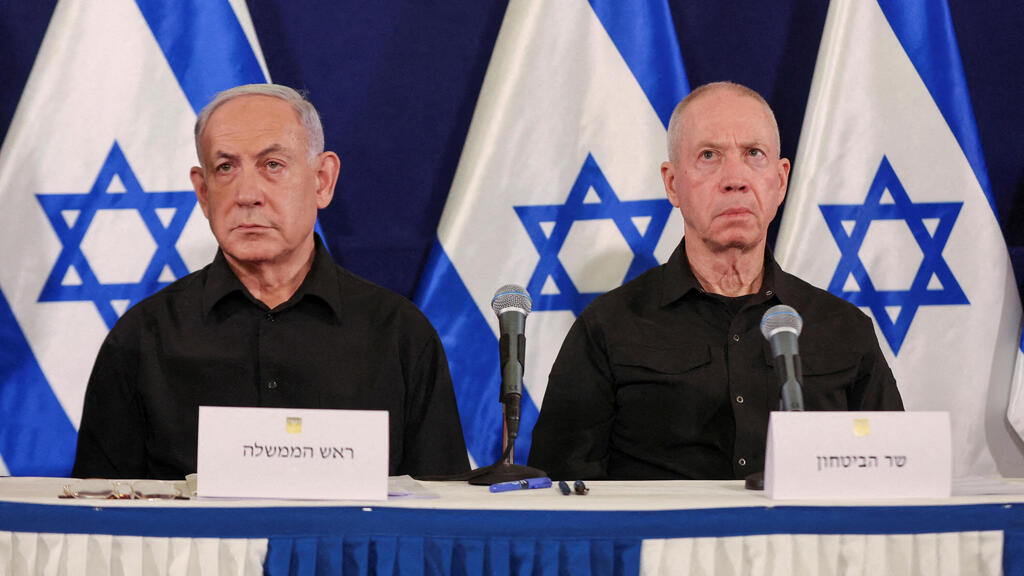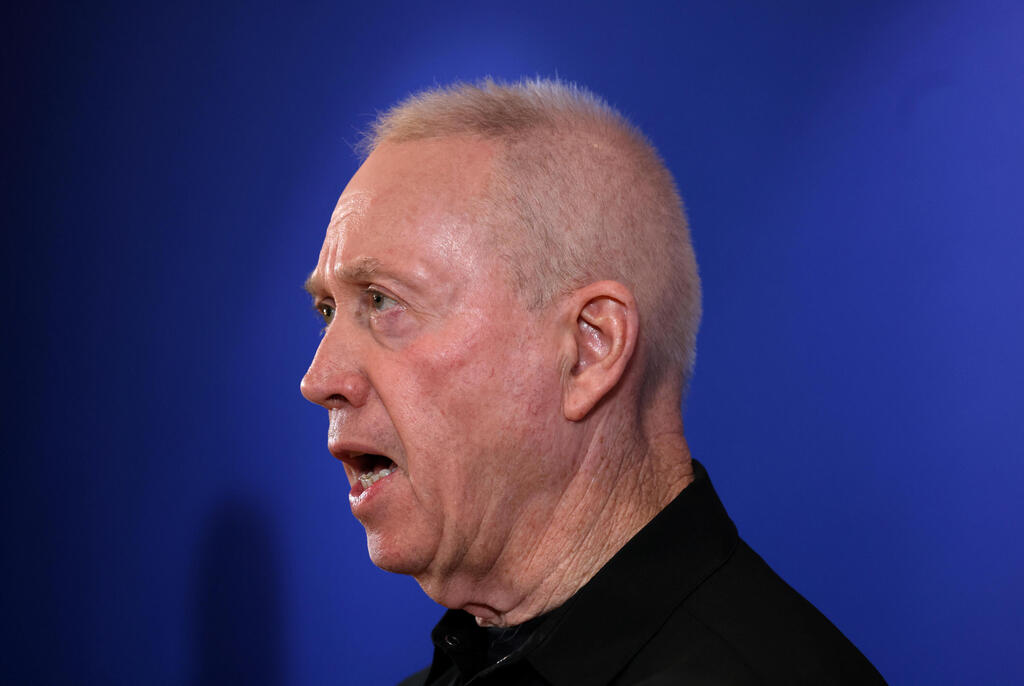Despite the alarmism of some, Israeli democracy is alive and well. Unsurprisingly, these outcries come from the same camp that once accepted a prime minister with just six seats in the Knesset.
In reality, there’s a clear alignment between the protesters supporting Yoav Gallant in the streets and the disconnect between the prime minister and the defense minister. Both leaders have known all along that Gallant served as a representative of the opposition within the government, and the National Security Cabinet.
In normal times, this arrangement might have been manageable. But now, whether Gallant’s stance is rooted in his political or security perspective, both directly oppose the government’s position. He’s reportedly been against advancing into Rafah, opposed military presence on the Philadelphi Corridor and favors a diplomatic settlement in Lebanon. Nearly every initiative the prime minister aimed to push forward was met with Gallant’s opposition. Isn’t this, in itself, a blow to Israeli democracy and security?
Does Prime Minister Benjamin Netanyahu operate out of political self-preservation? Perhaps. However many in the public believe that his survival instinct often aligns with the nation’s needs. Gallant, too, has made decisions from his own political survival instinct—except his personal interests have not matched the national priorities of the people and the state. While Israelis, including soldiers and reservists, sought to reshape the Middle East, Gallant wasn’t on board. He remained aligned with a camp that distances itself from Netanyahu.
This is the crux of the issue. Gallant wasn’t alone in his opposition to legislation like the draft law for ultra-Orthodox men or the child daycare subsidies bill. Amid the ongoing war and its many sacrifices, it was clear that dissent within the coalition would grow. Yet these issues were no more severe than the judicial reform crisis. Simply put, Gallant isn’t a good fit.
Under Gallant’s tenure, he allowed the IDF chief to promote individuals who held senior positions on October 7. He was the preferred contact for the Americans, who have sought—and still seek—to prevent Israel from reaching a decisive victory. A defense minister who can’t think outside the box after October 7 and adopt an offensive approach is ill-suited for the role.
Netanyahu, despite the events of October 7, continues to enjoy public support. He’s seen as working in the national interest and pursuing a more assertive strategy. Gallant, on the other hand, didn’t need to do much to stay in his position: he could have followed in the footsteps of Gideon Sa'ar, who recently abandoned his boycott of Netanyahu and adopted a stronger stance following October 7. But Gallant did none of that. He’s still stuck on October 6—while the public has moved on. Only the Kaplan protest remains.
Get the Ynetnews app on your smartphone:



